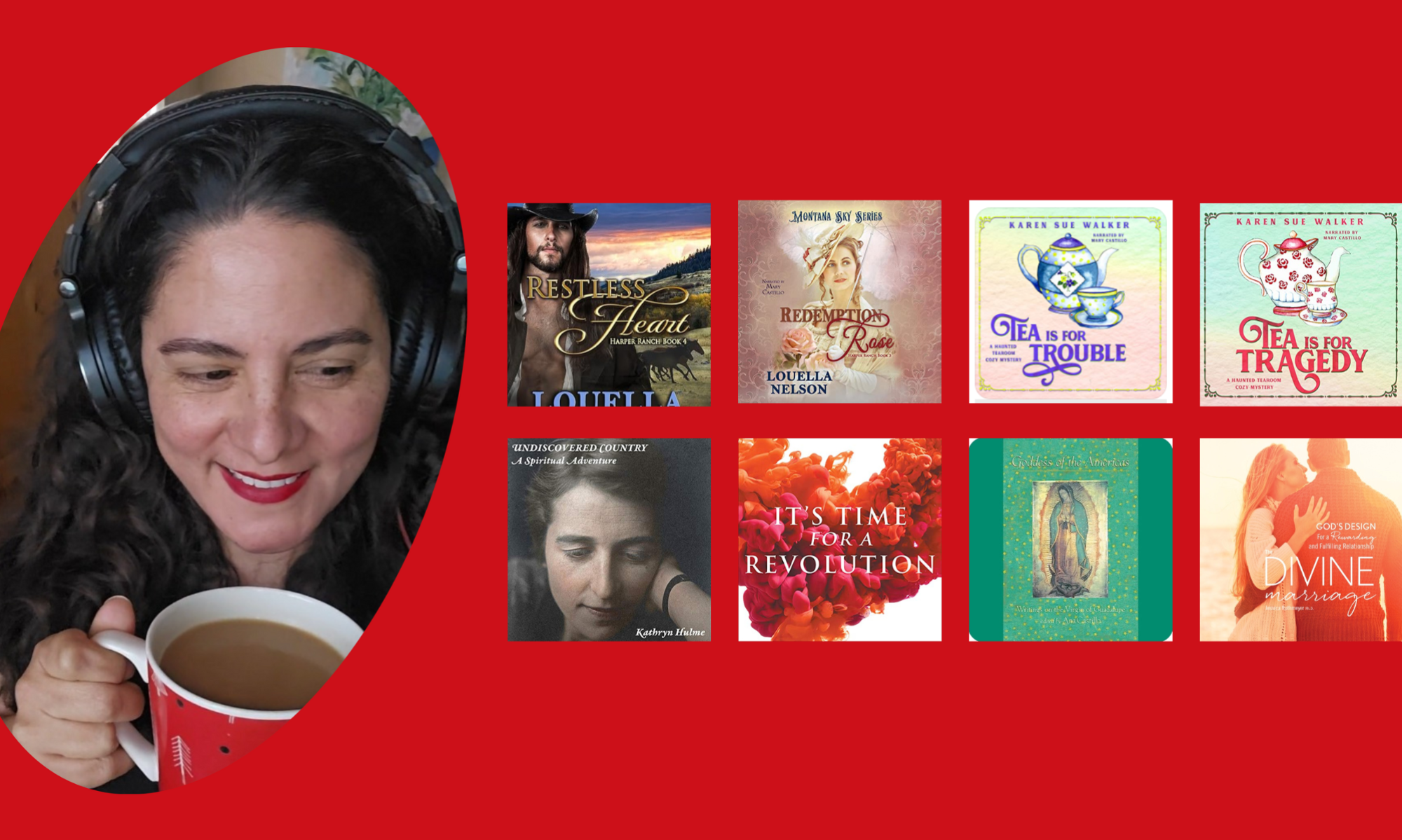This Saturday I went to my first Orange County Chapter of RWA meeting in a looong, looong time. Best selling author, Robert Crais spoke about his childhood – he grew up behind a drive-in theatre reading comics – and his adventures in Hollywood and publishing. He did a good job, signed a ton of books and in all, I think everyone was happy.
As a member of OCC RWA, I’ve seen quite a few big-name NYT best-selling authors take our stage and realized that the only difference between a little fish like me and a guy like Mr. Crais is that he makes a lot more money than I do. So perhaps the true secret to success in publishing is to wait for the big fish to die or retire.
However, here’s my list of what I have in common with a New York Times best-selling author:
- No matter how many copies of books in print and sold, authors still count and remember their rejection letters.
- Even if their latest book debuts high up on the NYT list, best-selling authors still envy writers whom they think are (a) more talented than they are or (b) get more money and attention from their publishers.
- Best-selling authors always talk about how during their childhood, they were the family mutant. Only when we succeed do our families look at us in a different light. (Usually to see if we used them as a character in the book, or if we’ve made enough money to spring for lunch.)
- Best-selling authors always walk into the room looking a bit bewildered by everyone’s awe and reverance. Wait, that’s not true. Jackie Collins once paid a visit to OCC RWA and she made an entrance. Then again, Nora Roberts struts around RWA National like she doesn’t notice everyone staring at her so maybe it’s a guy versus girl thing.
Moving on… - Most best-selling authors – actually I should say that the ones who are still good and aren’t paying other writers to write their stuff – never lose that sense of awe that they get paid to make stuff up.
- No matter how many millions they’ve acquired (and that their publisher will fly them first-class and not put them up in a haunted hotel), best-selling authors still want us to feel sorry for them when they tell us how they struggled in the early years.
Hey man, I feel your pain. So when are you thinking about doing something else?
(Me, bitter? Nah!)

